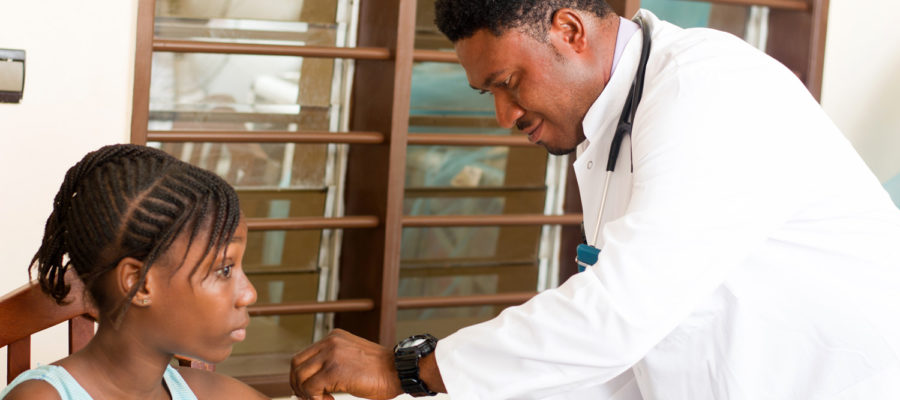

Foreign-Trained Family Doctors Can Help Fill Physician Shortages
It will be “much like a residency programs for new physicians” says Randy Delorey, the Minister of Health for the province of Nova Scotia. The Minister was referring to the Practice Ready Assessment (PRA)program that his government announced last spring.
It is hoped that the PRA will help fill the gap in a shortage of doctors across the province. The program will assess foreign-trained family doctors for three months, Passing the assessment earns the doctors a conditional license to practice in areas underserved by family physicians.
Nova Scotia Assessed Foreign-Trained Family Doctors Before
The current doctor shortage in Nova Scotia began in 2015 when the province’s College of Physicians and Surgeons cancelled a similar program. The previous program, the Clinical Assessment for Practice Program (CAPP) was eliminated when new provincial medical standards were adopted. The College decided the program needed to be redeveloped to meet the new standards.
An Opportunity for Family Doctors Trained in Caribbean Medical Schools
The PRA means that family doctors trained in jurisdictions that aren’t approved by the College of Physicians and Surgeons have an opportunity to practice in Nova Scotia. This includes Nova Scotians who chose or were compelled to study at medical schools abroad, including Caribbean Medical Schools.
Interestingly, some foreign-trained Nova Scotia-born doctors who are practicing elsewhere in the world, may not take the opportunity to return home.
Dr. Nicky Eustace is a family doctor from Annapolis Valley, Nova Scotia, now practicing in Morrison, Illinois. Always wanting to be a physician, Dr. Eustace applied at the Dalhousie Medical School, but was told her grades were a few points below the level needed for acceptance. With her only option in Canada to return to university for a second degree. Dr. Eustace instead chose to earn her medical degree at a Caribbean Medical School.
Dr. Eustace’s frustration with the difficulty of getting a medical degree in Nova Scotia means she’s not particularly interested in returning home. The province funds a 63 seat at the Dal Medical School for Nova Scotian students. The Nova Scotia Health Authority sets a target of hiring 110 physicians each year to avoid a shortage of doctors.
“I think a lot of people get frustrated, saying, ‘Why aren’t there more doctors?'” said Dr. Eustace of the physician shortage.
“I want people to know that we’re just not training them. Supply and demand: you need to make more doctors in order to have them to stay.”
The PRA Hopes Foreign-Trained Family Doctors will Fill Physician Shortages
If Dr. Eustace’s concern about the lack of access to medical training in Canada is well founded, the PRA tells us two things. First, even governments recognize that there are physician shortages and that’s in part due to how many doctors universities are training. Second, using foreign-trained family doctors is a viable option to fill the gap. In other words, doctors trained at medical schools abroad, including Caribbean Medical Schools, have more opportunities to practice closer to home.
You can earn your medical degree sooner at a Caribbean Medical School. Check out our extensive list of medical schools abroad, or contact UMCAS to learn more.